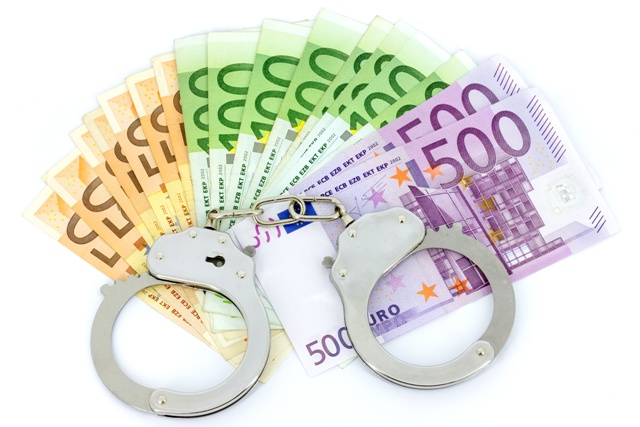In order to deter insider dealing and market manipulation, and restore confidence in financial markets, the European Commission has proposed a framework that would require all Member States (MS) to impose criminal sanctions for market abuse.
Market abuse
Recent cases of financial market abuse, e.g. the manipulation of the Libor benchmark rate, have damaged investor confidence. Market abuse comprises behaviour such as insider dealing or market manipulation, which undermine the integrity of financial markets. Insider dealing is the trading of a financial instrument on the basis of privileged information which is not yet available to other market participants and is therefore not reflected in market prices. Market manipulation occurs when a market participant spreads misleading information or executes trades in order to influence market prices.
EU framework
The EC therefore proposed in October 2011 a reform consisting of a Regulation on insider dealing and market manipulation (informally the Market Abuse Regulation, MAR) and a Directive on criminal sanctions for insider dealing and market manipulation (CSMAD). These are part of a wider package of measures aimed at regulating financial markets and establishing a banking union. The MAR, for which the European Parliament approved in September 2013 a compromise agreed in trilogue, replaces the Market Abuse Directive (2003/6/EC). MAR broadens the scope to other types of financial instruments, introduces clearer definitions, clarifies procedures for handling insider information, reduces administrative burdens on SMEs and strengthens national authorities.
Criminal sanctions

Criminal sanctions for market abuse are the responsibility of Member States. MS currently have divergent definitions of the offences and impose different penalties. Most MS have both administrative and criminal sanctions. In some MS, administrative and criminal sanctions can be applied cumulatively. Maximum prison sentences – where specified – range from 30 days (Estonia) to 12 years (Italy and Slovakia) for insider dealing, and from 30 days (Estonia) to 15 years (Slovakia) for market manipulation. These discrepancies allow offenders to carry out market abuse across borders, operating from the most lenient jurisdictions.
The CSMAD would require all MS to make market abuse punishable with “effective, proportionate and dissuasive” criminal sanctions. It would be the first use of the criminal law competences of the Lisbon Treaty (Article 83(2) TFEU), harmonising criminal sanctions to ensure effective implementation of EU policy.
European Parliament and Council
The Economic and Monetary Affairs Committee (ECON) adopted a report in October 2012 (rapporteur Arlene McCarthy, S&D, UK), which supported harmonisation of the maximum sanctions and called on MS to provide national authorities with the resources, training and tools needed for investigation and prosecution.
In December 2012, Council adopted a general approach. Denmark and the UK, where market abuse is already punishable by imprisonment, will not participate in the CSMAD, whereas Ireland decided to opt in.
On 20 December 2013, Parliament and Council reached a trilogue agreement that would impose maximum prison sentences of at least four years for serious cases of insider dealing and market manipulation, and at least two years for improper disclosure of privileged information, as requested by Parliament. In January 2014, the ECON committee voted unanimously in favour of the compromise text.








Be the first to write a comment.